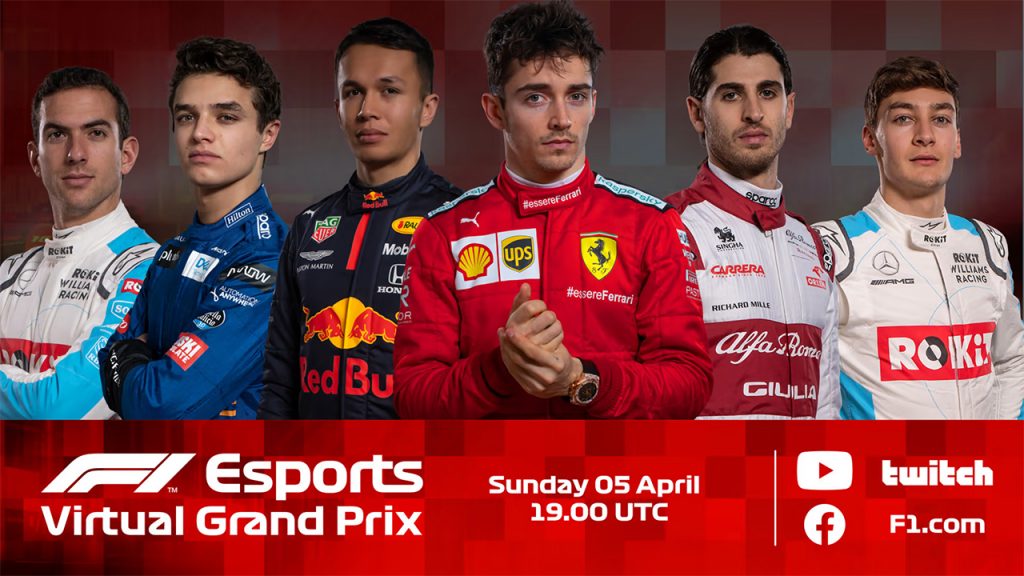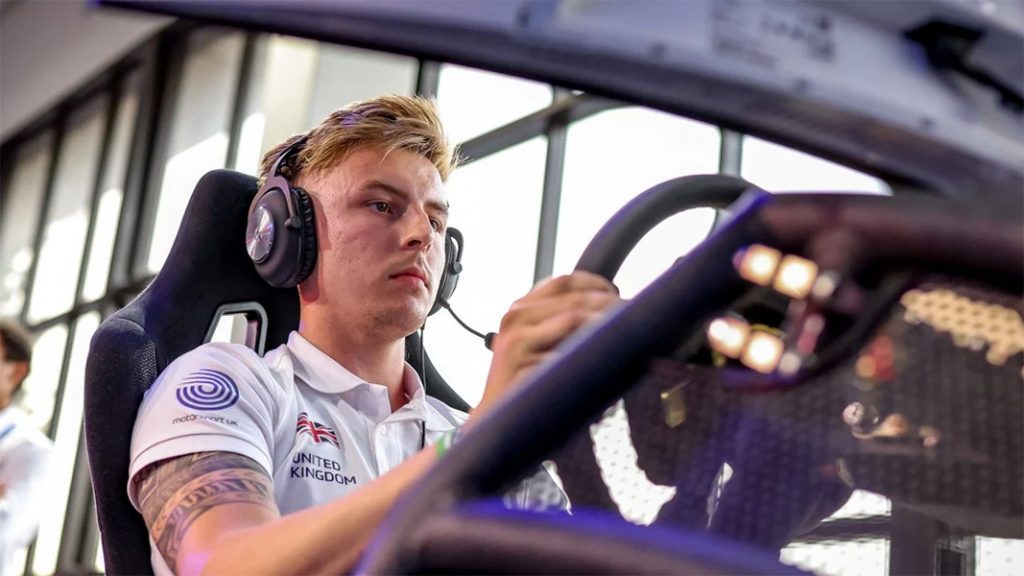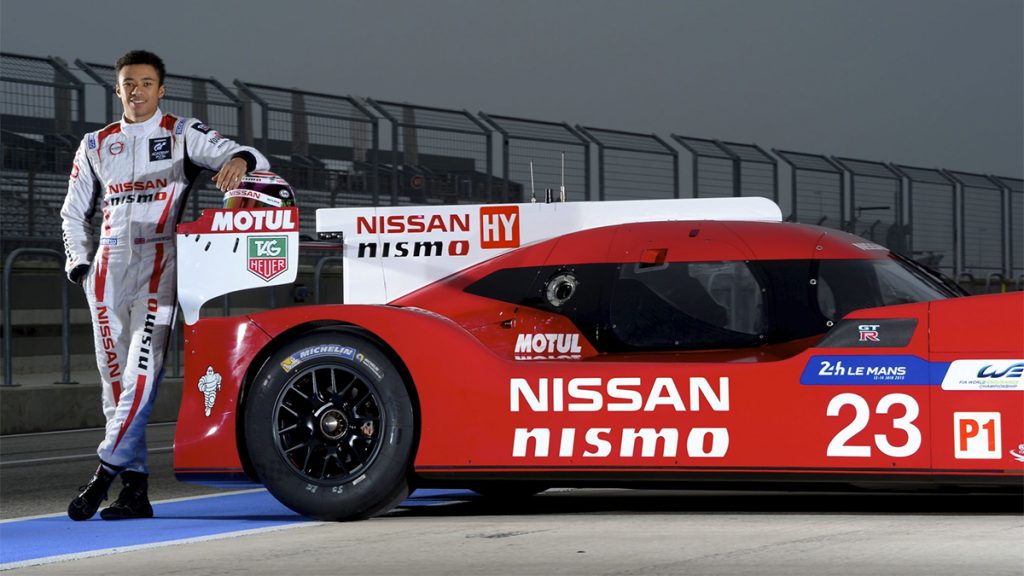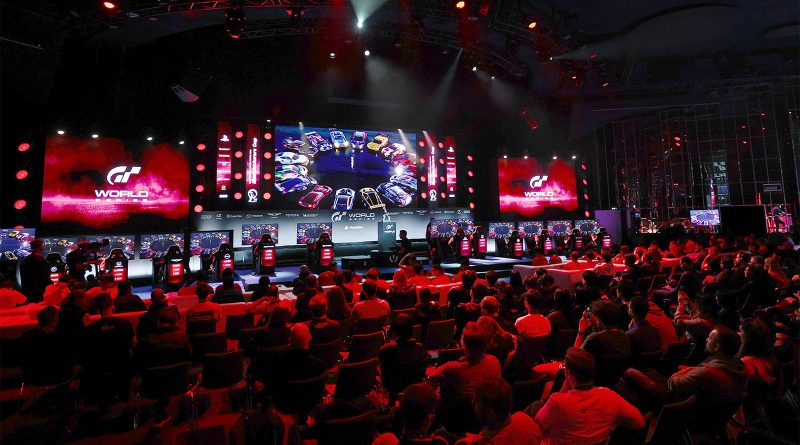The Game’s Afoot: How Esports Drives the Next Generation of Motorsport
I’m sitting in a concert hall in Monaco watching a dozen of the best drivers in the world. Sir Lewis Hamilton recently gave them a pep talk, F1 race winner Esteban Ocon is in the room, and representatives of car brands Ferrari, Genesis, Mazda and Toyota, along with Michelin and Brembo, are also here.
With such high-ranking, VIP guests, you might be wondering what kind of driving it is – and it may come as a surprise to learn it doesn’t actually involve cars at all. I’m attending the Gran Turismo World Final, a virtual competition using a racing video game.
This is the world of esports: “electronic” sports, which use video games rather than bats and balls – or, indeed, cars. It’s been hard to miss the recent rise of virtual motorsport, given the events of 2020-21. Every major motorsport event and championship was affected; restrictions on gathering in groups and on travel meant that flying teams of people and equipment from all around the world was simply not viable, and as a result many organisers turned to esports as an alternative.
That meant you could tune in to channels such as F1’s official YouTube and Twitch to watch George Russell, Alexander Albon, Lando Norris, and Charles Leclerc doing battle with each other – and F1 drivers of the past and perhaps future – in virtual F1 cars, around virtual F1 circuits in place of cancelled races.

However racing esports was already a well-established phenomenon by this time. The Monaco event I’m at is actually being held for the third time, having first taken place in 2018, and it’s not an outlier.
Every major racing series around the world has its own official esports championship now, and the drivers who take part in them are as well-known to the digital audiences as those who race in the real thing. These series are all very well-funded too, by advertisers and key sponsors. F1 Esports has a €750,000 annual prize pool, while the winner of Esports WRC in 2020 won a Toyota GR Yaris.
A surprising number of car manufacturers have their own esports teams – Porsche, BMW, Ford, and Suzuki among them – and all ten of Formula One’s official teams have their own esports squads too. In fact F1’s teams not only have contracted drivers, they also select drivers for each season from a “draft” event too.
More than any other esports event, racing esports provide an unusual real-world crossover. While playing FIFA football games doesn’t make you any good at football, and Street Fighter doesn’t prepare you for a career in MMA fighting, the skills used in racing esports are transferable to real cars.

Two of the best examples of this are both British drivers. Firstly there’s James Baldwin who won a multi-disciplinary esports series in 2019 which awarded him a seat in British GT for the 2020 season. Baldwin won his first race in the series, driving the McLaren 720S GT3 to victory at Oulton Park.
It was a surprisingly well-trodden path by then though. Darlington-born Jann Mardenborough was one of several drivers awarded race contracts after winning the annual Gran Turismo Academy competition. Mardenborough won GT Academy in 2011 and went on to race for almost a decade – including in the top category at Le Mans. Sony Pictures is actually making a film about his experiences, called Gran Turismo, due to come out in August 2023.

This blurring of the lines between virtual and real reached new levels in 2021 when the GT World Challenge Europe race series added an esports component giving points towards the real championship. Each team entered in the whole season nominates one of its pro drivers to race in the five-round series which combines with the Endurance and Sprint series to determine the overall champion.
The FIA itself has also taken an interest. It partnered with Gran Turismo to start the first GT World Series in 2018, with an aim to create a digital motorsport licence – in essence granting sufficiently competent esports racers with their first licence on the motorsports ladder.
This has yet to become a reality, but the Gran Turismo championship winners were recognised by the FIA at its annual Prize Giving alongside champions of real motorsport categories. If that weren’t quite enough, esports is part of the FIA’s own “Motorsport Games” event as one of the categories in which the attending nations compete for medals, and “motorsport” was one of the five events in the first-ever Olympic Virtual Series in 2021.
With virtual motorsport undergoing such a rapid pace of development over just the last five years, it’s going to be interesting to see how it changes in the next five. If you want your children or grandchildren to have a career in motorsport, it might be an idea to get them a games console and a driving rig rather than a go-kart…
Originally published in the 2022 Winter Newsletter.




